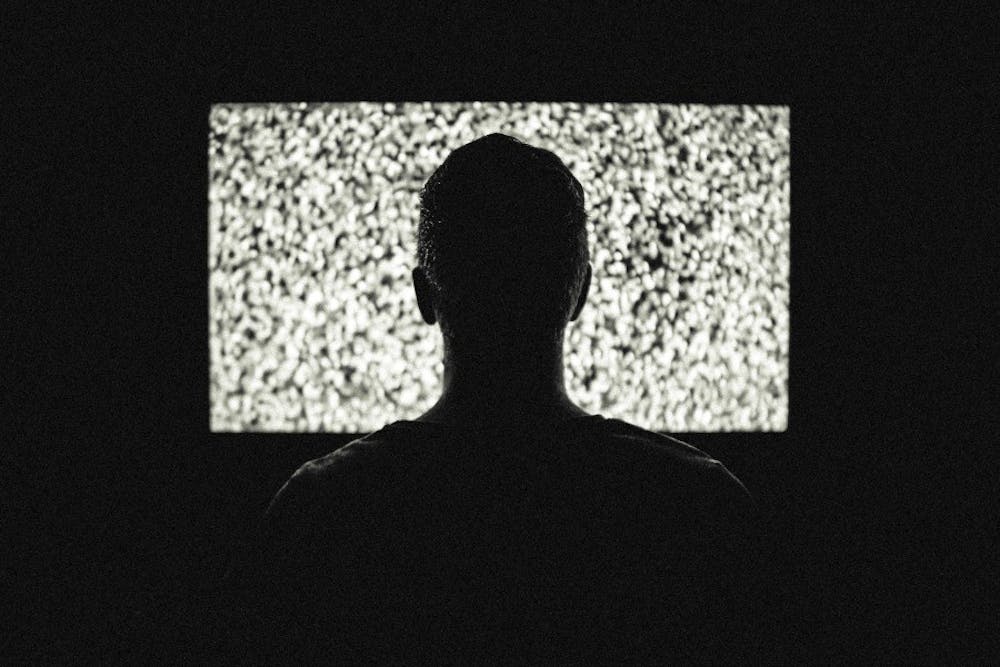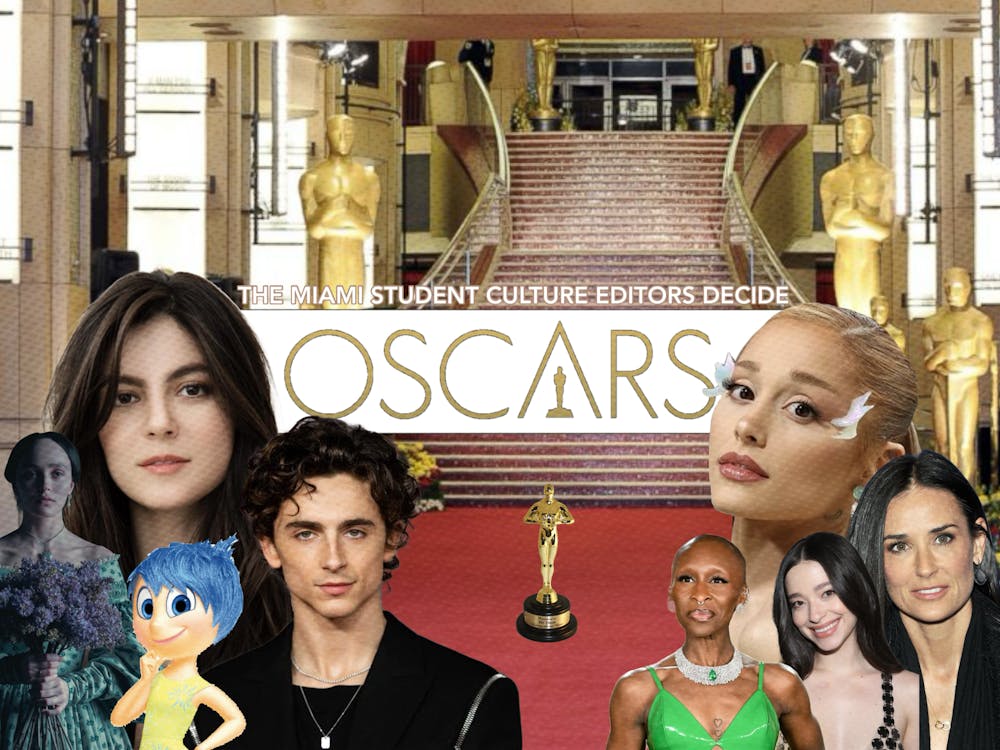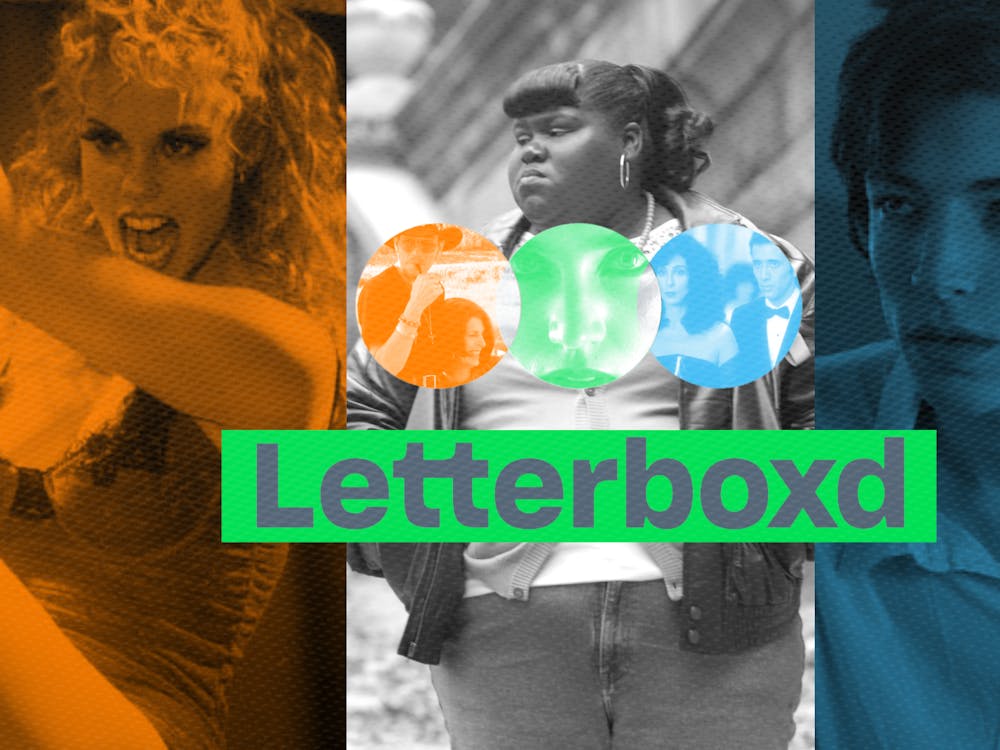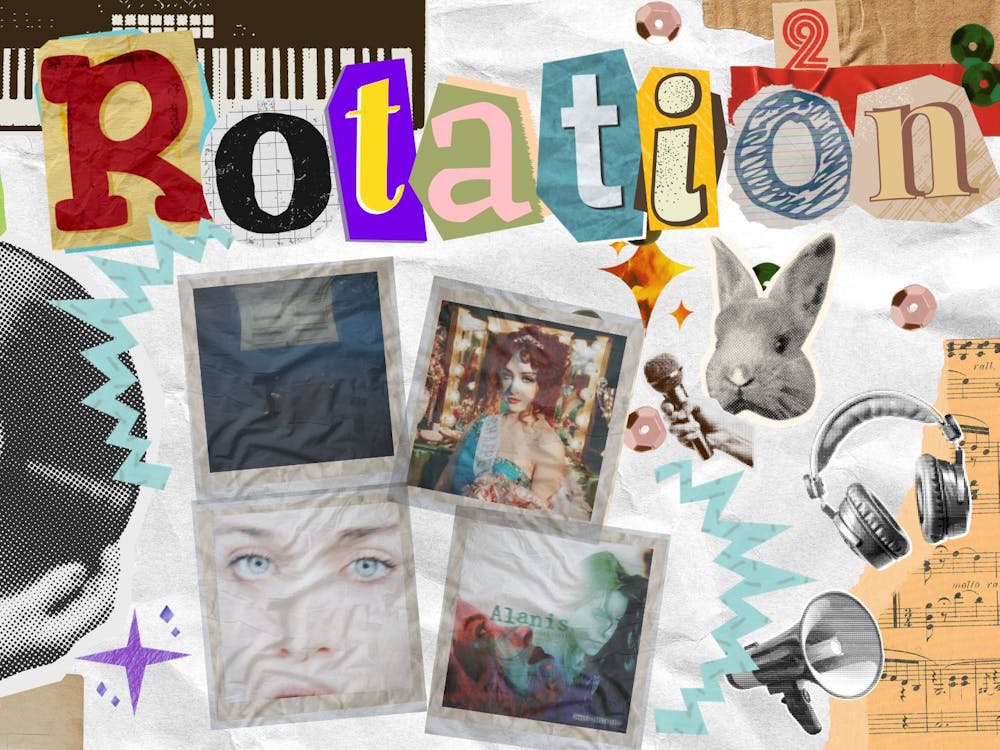By Kevin Vestal, For The Miami Student
The U.S. legal system was founded on the principle of innocent until proven guilty. Only one episode into the season, "American Crime Story" is already liable of being great television.
The elements are all there. Star-studded cast? Check. Social relevance? Double check. Gripping narrative? You betcha.
Hits like "How to Get Away with Murder" prove that American audiences love shows about murder cases. And, unlike other crime and courtroom dramas, "American Crime Story" doesn't need to rely on fiction.
"The People v. O.J. Simpson" has already captivated the nation once before.
The show, like the trial, centers on the murders of Ronald Goldman and Nicole Brown Simpson outside her Los Angeles home. From the moment he is delivered the news of his ex-wife's death, O.J. Simpson (Cuba Gooding, Jr.) is considered the primary suspect.
For those old enough to remember O.J.'s highway escape, "Crime Story" will provide new insight into what happened outside the courtroom. But most millennial viewers will experience the media frenzy for the first time.
While the trial's final verdict is just a Google search away, "American Crime Story" hopes to explore how each argument unfolded over the course of the eight-month trial.
"American Crime Story" is by no means a documentary, but it does raise serious questions about the merit of the U.S. legal system.
Netflix sleuths who enjoyed "Making a Murderer" may want to tune in to judge for themselves whether O.J. Simpson was "100% not guilty" of murder.
Head of the prosecution, chain-smoking Marcia Clark (Sarah Paulson) fights to get O.J. behind bars as she struggles with motherhood and her own newfound celebrity status.
The football player's all-star defense team is led by bushy-browed Robert Shapiro (John Travolta), Johnnie Cochran (Courtney B. Vance) and Robert Kardashian (David Schwimmer), lawyer and close friend of "The Juice."
Enjoy what you're reading?
Signup for our newsletter
Twenty years have passed since O.J.'s trial of the century. The name Kardashian no longer conjures images of a heated courtroom, but rather of sex tapes and makeup routines. Yet race still dominates the headlines.
The show's opening shots depict the widespread looting and arson of the 1992 Los Angeles riots, immediately echoing the outrage expressed this summer in Baltimore over the death of Freddie Gray at the hands of police officers.
The trial of O.J. Simpson was racially charged, as many in the black community believed the LAPD framed Simpson. Detective Mark Fuhrman's use of racial slurs and questionable DNA tests only further ignited this theory.
To this day, opinions on O.J.'s verdict are split. No doubt the audience of "American Crime Story" will be equally divided.
Gooding's neighborly attitude makes the audience want to believe O.J. is telling the truth, but the evidence overwhelmingly suggests otherwise. The scene in which O.J. explodes at his counsel after a failed polygraph test proves he is more than capable of violence. This is further evidenced by his pattern of domestic abuse.
When O.J. kisses his ex-wife at her funeral, the audience cannot help but feel sinking disgust.
Fans of Ryan Murphy and Brad Falchuk ("Glee," "Scream Queens") will immediately recognize their dramatic flair in "Crime Story." Close-ups linger too close for comfort and are often underscored by faint piano.
Although it serves as a companion series to "American Horror Story," Murphy's latest project doesn't need to dive into the supernatural to achieve shock value. The bloody glove and footprints at the scene of the crime speak for themselves.
It's too soon to tell how true to life the show will be, but it is sure to be a spectacle. Like its predecessor series, each season of "Crime Story" will operate as a 10-episode anthology. Next year's story will revolve around Hurricane Katrina's impact on New Orleans.
And, unlike the fate of O.J. Simpson, the future of "American Crime Story" looks overwhelmingly bright.
4.5/5 stars




